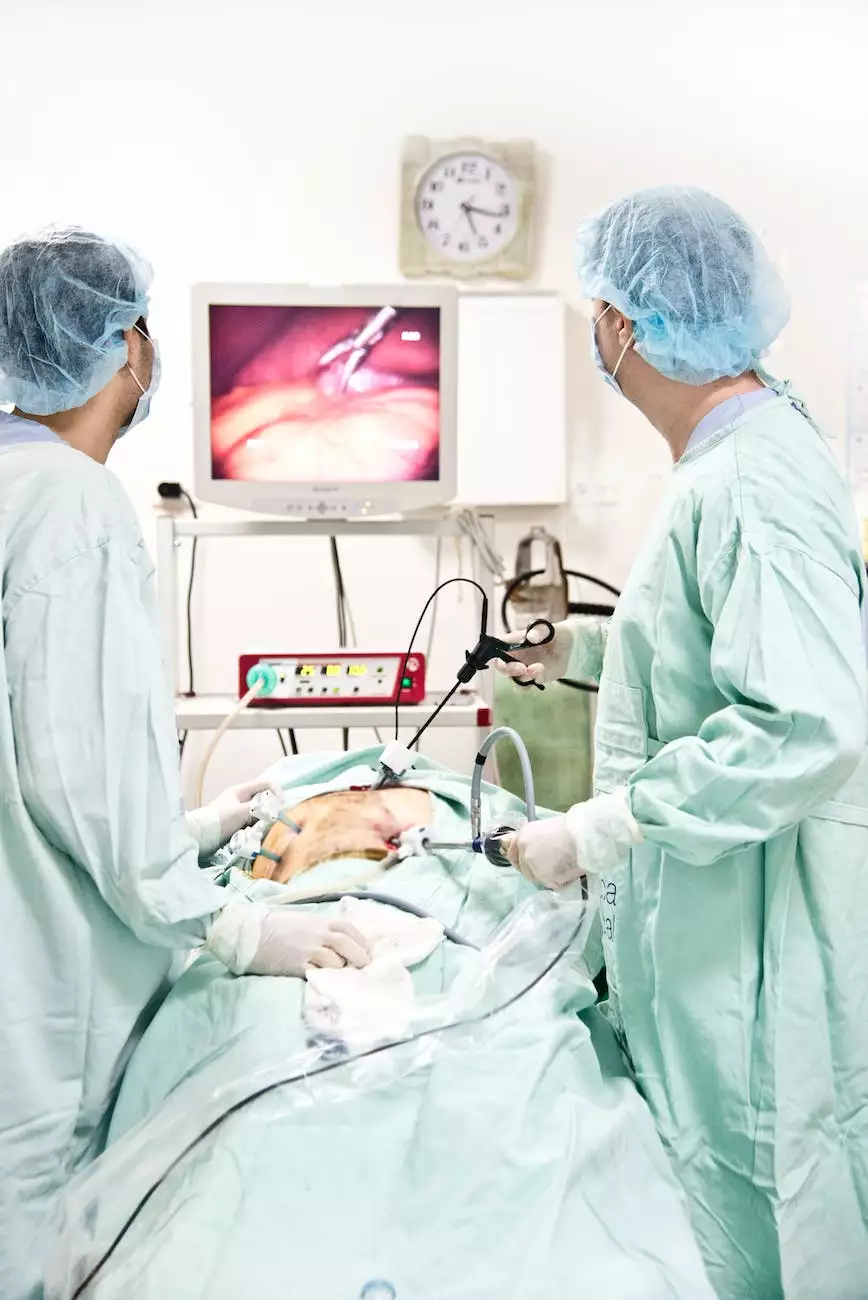Helicobacter Pylori (H. Pylori) - Bhatti GI Clinics | Edina
Mental Health
What is Helicobacter Pylori (H. Pylori)?
Helicobacter Pylori (H. Pylori) is a type of bacteria that infects the stomach and is commonly associated with causing various digestive disorders. It was first discovered by Australian scientists, Barry Marshall and Robin Warren, in 1982. H. Pylori is a spiral-shaped bacterium that can survive in the acidic environment of the stomach by producing an enzyme called urease, which neutralizes stomach acid.
Causes and Transmission
H. Pylori infection is primarily caused by the ingestion of contaminated food or water. It can also be transmitted through direct contact with the saliva, vomit, or feces of an infected individual. Poor hygiene practices and living conditions can increase the risk of H. Pylori transmission. It is estimated that over half of the world's population is infected with H. Pylori, although not all infected individuals develop symptoms or associated diseases.
Symptoms and Complications
H. Pylori infection can manifest in various ways, or it can be asymptomatic. Common symptoms include persistent abdominal pain, bloating, nausea, vomiting, and a feeling of fullness. In some cases, it can lead to more severe conditions such as peptic ulcers, gastritis, stomach cancer, and even MALT lymphoma. Early diagnosis and prompt treatment are crucial in preventing the progression of H. Pylori-related complications.
Diagnosis
Several methods can be used to diagnose H. Pylori infection, including:
- Urea Breath Test: This non-invasive test involves the patient drinking a solution containing urea and a special carbon atom. If H. Pylori is present, it produces certain enzymes that break down the urea and release the labeled carbon atoms, which can be detected in the breath.
- Stool Antigen Test: This test detects H. Pylori antigens in a stool sample. It is often used to confirm eradication after treatment.
- Endoscopy: A thin, flexible tube with a camera is inserted into the digestive tract to visually inspect the stomach lining for signs of infection or inflammation.
- Biopsy: During an endoscopy, small tissue samples may be taken for further analysis to determine the presence of H. Pylori and evaluate any associated damage.
Treatment Options
Treatment for H. Pylori infection typically involves a combination of antibiotics and acid-lowering medications. The antibiotics help to eliminate the bacteria, while the acid-lowering medications help to create an environment in the stomach that makes it less hospitable for H. Pylori to survive.
Commonly prescribed antibiotics for H. Pylori eradication include amoxicillin, clarithromycin, metronidazole, and tetracycline. Acid-lowering medications such as proton pump inhibitors (PPIs) or histamine H2-receptor antagonists (H2 blockers) are often used in combination with antibiotics to aid in the healing of gastric ulcers and reduce the likelihood of recurrence.
Prevention and Lifestyle Changes
While it may not be possible to completely prevent H. Pylori infection, there are some measures individuals can take to reduce the risk:
- Ensure good hygiene practices, including regular handwashing with soap and water.
- Avoid drinking untreated water or consuming food from unreliable sources.
- Encourage safe food handling and preparation techniques.
- Practice safe sex to reduce the risk of transmitting H. Pylori through sexual contact.
- Avoid smoking and excessive alcohol consumption, as they can increase the risk of H. Pylori-related complications.
- Seek medical attention if experiencing persistent digestive symptoms.
Specialized Care at Bhatti GI Clinics | Edina
Bhatti GI Clinics, part of Minneapolis Weight Loss Doc, offers specialized care for H. Pylori infections. Our experienced healthcare professionals utilize state-of-the-art diagnostic techniques to accurately diagnose H. Pylori-related conditions. We tailor individualized treatment plans that combine antibiotics, acid-lowering medications, and lifestyle modifications to effectively eradicate the infection and alleviate symptoms. Our compassionate team is dedicated to providing the highest quality care and support to help patients regain their digestive health.
If you suspect you may have an H. Pylori infection or have been diagnosed with H. Pylori-related conditions, contact Bhatti GI Clinics in Edina today to schedule a consultation. Take control of your digestive health with our comprehensive and personalized approach to care.
Disclaimer: This information is intended for educational purposes only and should not be considered as medical advice. Please consult with a qualified healthcare professional for personalized diagnosis and treatment options.










